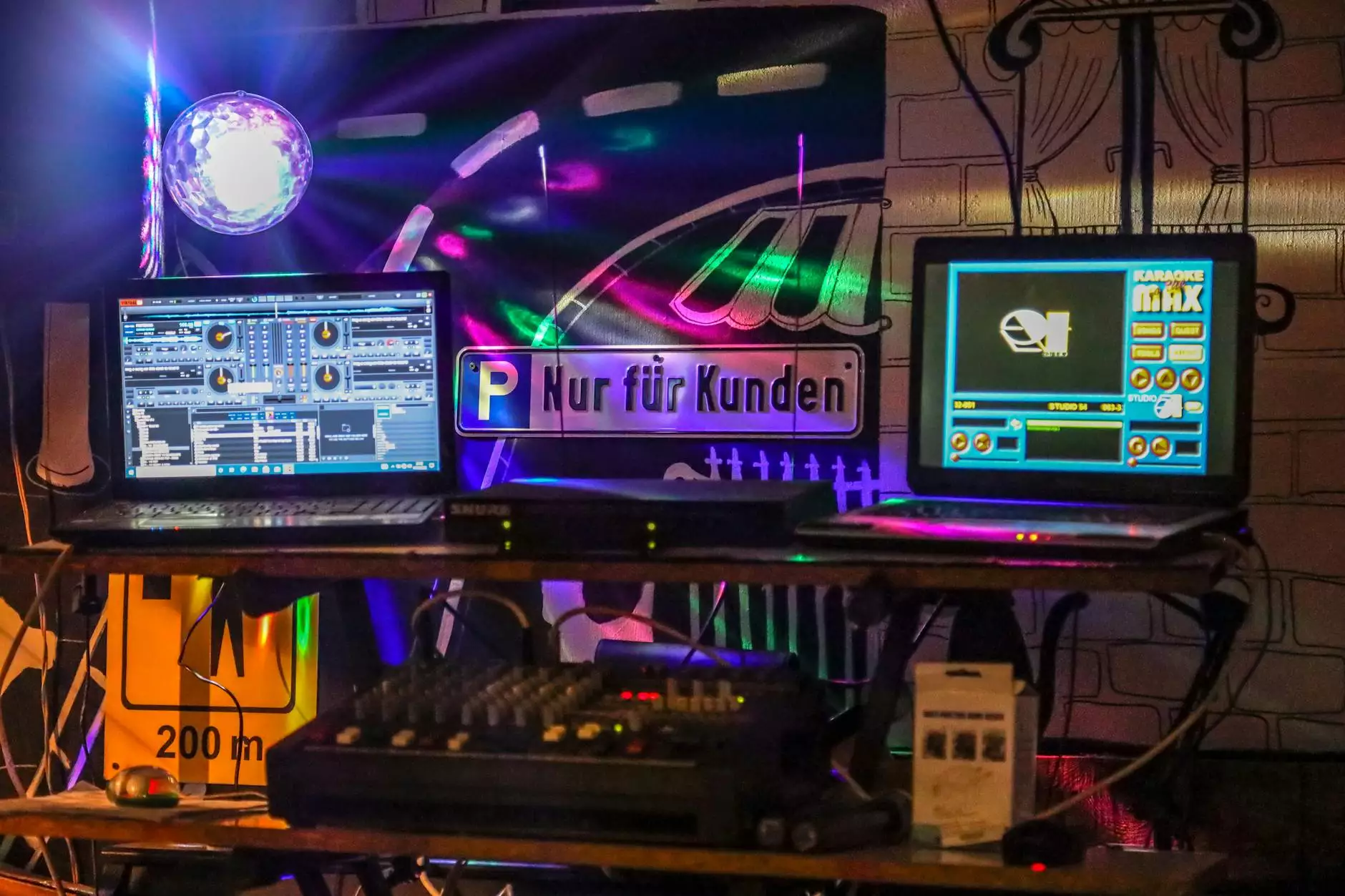The Rise of CNC Precision Machining Factories: A Game Changer in Metal Fabrication

In recent years, the manufacturing landscape has witnessed a significant transformation. At the heart of this evolution is the rise of CNC precision machining factories. This article delves into how these facilities are changing the game for metal fabricators and their clients alike.
Understanding CNC Precision Machining
CNC stands for Computer Numerical Control. It refers to the automation of machine tools by means of computers executing pre-programmed sequences of machine control commands. This technology is at the core of precision machining, allowing for unparalleled accuracy and repeatability.
What is Precision Machining?
Precision machining is a manufacturing process that utilizes advanced machinery, tools, and technology to create components and products with tight tolerances. These tolerances can be as small as a few microns, which ensures that each part produced meets stringent quality standards. Key features include:
- High accuracy: CNC machines can produce parts with very low tolerance levels.
- Repeatability: Once programmed, a CNC machine can produce thousands of identical parts.
- Diverse materials: CNC machines can work with various metals, plastics, and composite materials.
The Role of CNC Precision Machining Factories in Metal Fabrication
CNC precision machining factories are essential in the metal fabrication industry. They provide services that are critical for producing components used in various industries, including aerospace, automotive, medical devices, and electronics. Here’s how they contribute:
1. Enhanced Production Efficiency
One of the primary benefits of CNC technology is the dramatic increase in production efficiency. With the ability to automate complex processes, these factories can produce parts faster than traditional machining methods. This leads to:
- Reduced lead times, allowing businesses to respond quickly to market demands.
- Lower labor costs, as fewer operators are needed to manage the machinery.
- Higher output quantities, which boosts the bottom line for manufacturers.
2. Unmatched Precision
The precision offered by CNC machining far exceeds what can be achieved through manual machining. This high level of precision is vital for industries where exact dimensions are critical, such as in the aerospace and medical fields.
3. Flexibility and Customization
CNC machines can easily switch between different production tasks. This flexibility allows CNC precision machining factories to offer customized solutions tailored to unique client needs. For example, if a client requires a specific prototype, the factory can program the CNC machine to create that part without the need for specialized tooling.
4. Integration with Modern Technology
Modern CNC machining facilities often integrate advanced technologies such as:
- IoT (Internet of Things): Enables real-time monitoring and data collection from machines.
- Artificial Intelligence: Optimizes machining processes and predictive maintenance.
- Advanced CAD/CAM software: Assists in designing and programming parts with precision.
The Impact of CNC Precision Machining on Metal Fabrication
The integration of CNC precision machining in metal fabrication has established new standards of production. Let’s examine some specific impacts:
1. Cost Reduction
With increased efficiency and reduced waste, CNC precision machining leads to significant cost savings. This financial benefit is critical for manufacturers aiming to remain competitive in a global market. The lower production costs can be passed on to customers, allowing businesses to maintain favorable pricing while sustaining high-quality output.
2. Quality Assurance
Quality control is paramount in manufacturing. CNC machining facilitates rigorous quality inspections through advanced measurement tools and techniques. This ensures that every component adheres to strict specifications, thus maintaining a consistent product quality.
3. Sustainable Practices
Manufacturers are increasingly focusing on sustainability, and CNC machining aligns well with this goal. By minimizing material waste through precise cuts and optimizing resource usage, factories can significantly reduce their environmental footprint.
Future Trends in CNC Precision Machining
The future of CNC precision machining factories looks promising, with several trends shaping the industry's landscape:
1. Automation and Robotics
The rise of automation continues to gain momentum, with robotics being integrated into CNC operations to handle loading, unloading, and assembly tasks. This trend will enhance productivity and free skilled workers to focus on more complex tasks.
2. Additive Manufacturing Integration
As 3D printing technology advances, CNC precision machining will increasingly integrate with additive manufacturing. This hybrid approach will leverage the strengths of both processes to produce intricate and complex geometries that were previously unachievable.
3. Advanced Materials
With the ongoing research and development of new materials, CNC machining factories are expected to adapt to machining advanced materials like composites and lightweight alloys, which have specific properties suited for high-performance applications.
Conclusion: The Future is Bright for CNC Precision Machining Factories
As we that the manufacturing industry continues to evolve, CNC precision machining factories are at the forefront of this change, driving innovation, efficiency, and quality in metal fabrication. By embracing new technologies and practices, these facilities are not only meeting the demands of today but are also paving the way for a more productive and sustainable future.
Why Choose DeepMould.net?
If you’re looking for a partner in your manufacturing journey, DeepMould.net stands out as a leading provider of CNC machining services. We blend precision engineering with state-of-the-art technology to deliver solutions that meet your unique needs. Contact us today to learn more about how we can assist you in achieving exceptional results in your projects.
cnc precision machining factory








